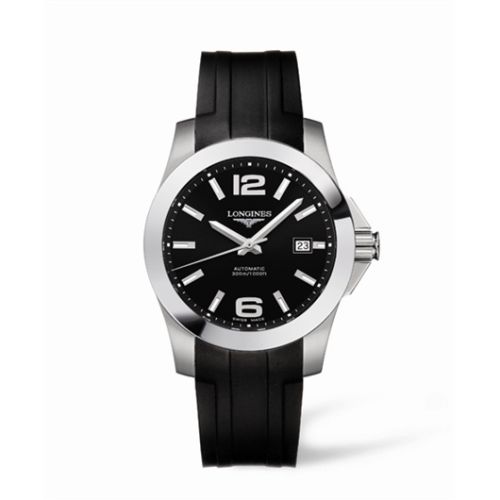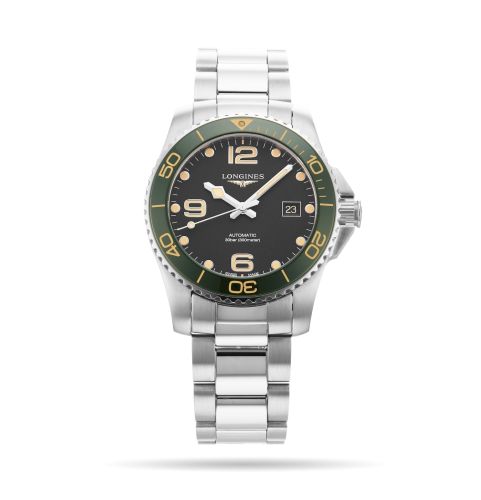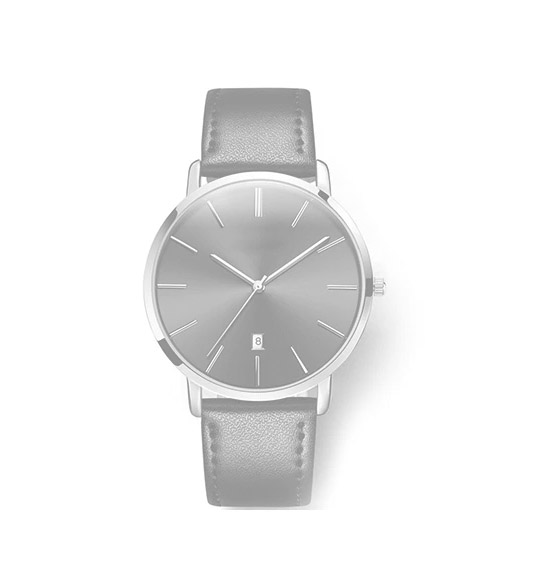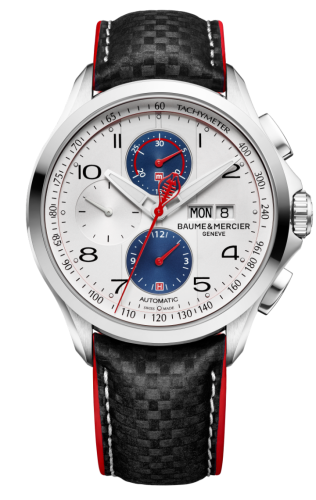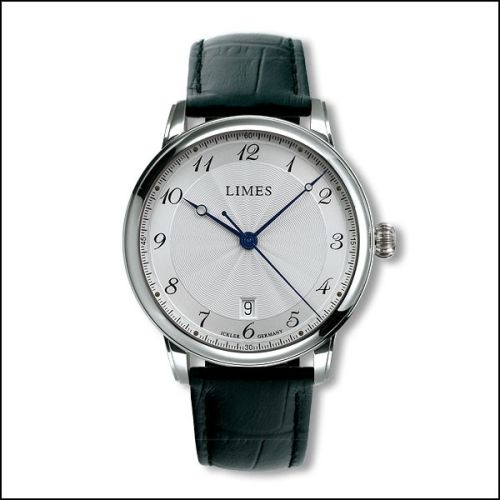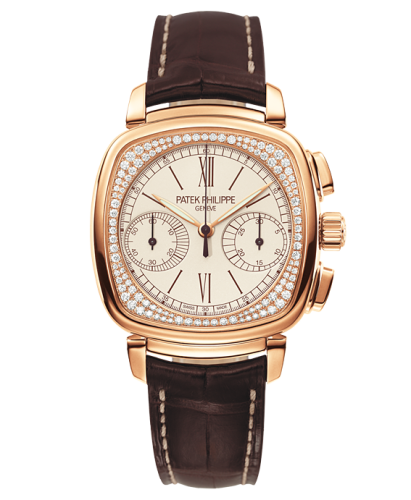
How does temperature affect my watch?
Temperature can significantly impact the performance and longevity of your watch. Regardless of whether you own a quartz, automatic, or mechanical timepiece, understanding how temperature fluctuations affect your watch is essential for maintaining its accuracy and overall functionality.
Watches are designed to function optimally within a certain temperature range. Extreme heat can cause the lubricants within the movement to thin out, leading to increased friction and wear on the internal components. This may result in the watch running faster or, in some cases, even stopping altogether. On the other hand, extreme cold can cause lubricants to thicken, which can hamper the movement of gears and result in decreased accuracy or the watch ceasing to function.
For quartz watches, temperature changes can affect the battery life and the accuracy of the timekeeping. While quartz movements are generally more resilient to temperature variations than their mechanical counterparts, they are not immune to the effects of extreme conditions. In cold temperatures, the battery may not perform as efficiently, which can lead to a shorter lifespan or erratic timekeeping. Conversely, high temperatures can increase the risk of battery leakage, potentially damaging the watch.
Mechanical watches, which rely on intricate gears and movements, are particularly sensitive to temperature changes. The materials used in the construction of the watch, including metals and plastics, can expand and contract with temperature variations. This can lead to misalignment of the movement, resulting in decreased performance and accuracy. Regular exposure to extreme temperatures can also cause premature wear on the watch’s gaskets, compromising water resistance.
Storing your watch in a stable environment is crucial for its longevity. Avoid exposing your timepiece to direct sunlight for extended periods, as this can cause the dial and other components to warp or fade. Similarly, leaving your watch in a cold car during winter months can lead to issues with lubrication and movement.
If you need to wear your watch in extreme temperatures, consider choosing a model specifically designed for such conditions, like diving or sports watches, which often utilize materials and designs that withstand temperature variations better than traditional dress watches. Additionally, regular maintenance and servicing can help mitigate the effects of temperature on your watch, ensuring that it remains accurate and functional for years to come.
In summary, temperature plays a crucial role in the performance and durability of your watch. By being mindful of temperature extremes and taking care to store and maintain your watch properly, you can enhance its lifespan and ensure reliable timekeeping.



